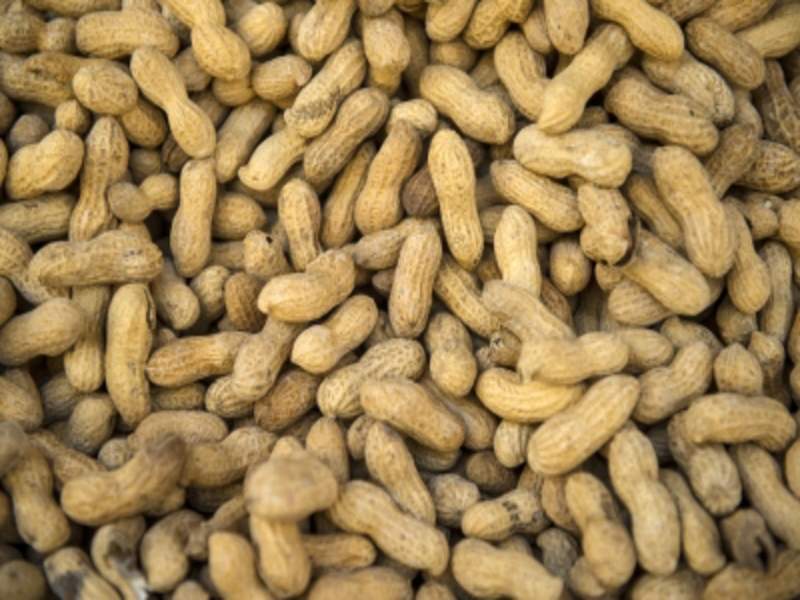

Aimmune Therapeutics has commenced patient enrolment in a Phase III RAMSES (ARC007) clinical trial of AR101 to treat peanut allergy.

Discover B2B Marketing That Performs
Combine business intelligence and editorial excellence to reach engaged professionals across 36 leading media platforms.
AR101 is an investigational, biologic oral immunotherapy currently being developed for patient desensitisation.
The randomised, double-blind, placebo-controlled, real-life AR101 market-supporting experience study (RAMSES) will recruit a total of 440 patients aged between four and 17 at various sites in the US and Canada.
Designed to assess the safety and tolerability, the trial aims to gain real-life experience withAR101, without the double-blind, placebo-controlled food challenge (DBPCFC).
Aimmune Therapeutics chief medical officer Daniel Adelman said: “We’re conducting our RAMSES trial not only to support regulatory filings and real-world market understanding, but also to test whether removing the entry food challenge can lead to improved tolerability of AR101 during early up-dosing.

US Tariffs are shifting - will you react or anticipate?
Don’t let policy changes catch you off guard. Stay proactive with real-time data and expert analysis.
By GlobalData“Recent data from our collaborator Dr Erik Wambre and his colleagues at the Benaroya Research Institute on PALISADE patient samples support the idea that the food challenge may activate the immune system, and thus increase the risk of additional allergic reactions in the early up-dosing period that follows.”
Over an initial six-month escalating dose period, the trial will examine treatment-emergent adverse events, followed by a minimum of six months follow up, during which a maintenance dose of once-daily 300mg of AR101 will be administered.
The absence of an entry food challenge is expected to increase the tolerability profile of AR101 in early dosing stages.
The firm is also conducting the Phase III PALISADE trial of AR101 in the US, Canada and eight European countries.
Image: New trial to treat peanut allergy. Photo: courtesy of pazham/FreeDigitalPhotos.net.





